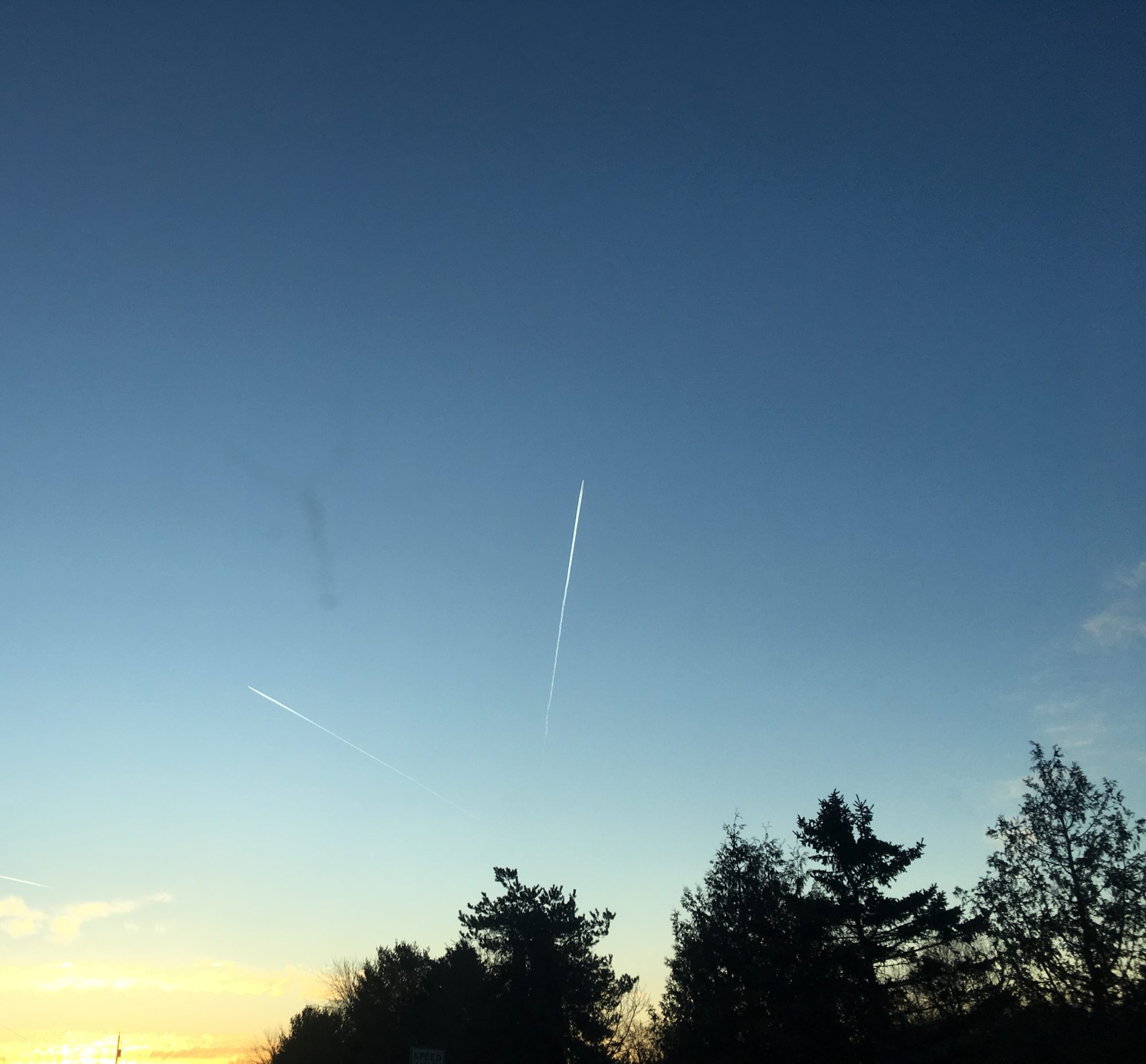
A year ago, on Friday, April 10th, 2020, I came off the ventilator in Covid ICU. Last night, one of our patients came off the ventilator in Covid ICU.
I lived. She died. And I don’t know what to make of that.
I was her chaplain. I had just finished praying the rosary for her when I learned she was going on comfort care. Life support would be stopped. Pain and anxiety relief would stay. Very soon, the order came through.
The nurse, the nurse assistant, the respiratory therapist and myself were with her when the breathing tube was removed. The nurse assistant and I held her hands while the respiratory therapist tended to the necessary tasks of extubation. The nurse stroked the patient’s hair.
She had no chance of survival. She couldn’t breathe on her own. I watched as the light faded from her face. I told her, “You’re going to heaven now.” I said a prayer of commendation as the life left her eyes.
Covid patients don’t die alone. They die with us, their healthcare workers. We were her family in the final hours and minutes of life. That was a blessing—of a kind. And yet the language of blessing fails in this pandemic time.
I am blessed to be alive. Or am I merely fortunate? After all, I lived and she died. I don’t know what to make of that, and doubt I ever will.
— Nelsonia


